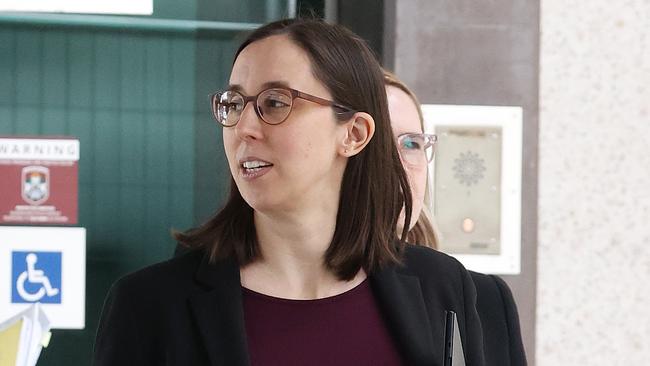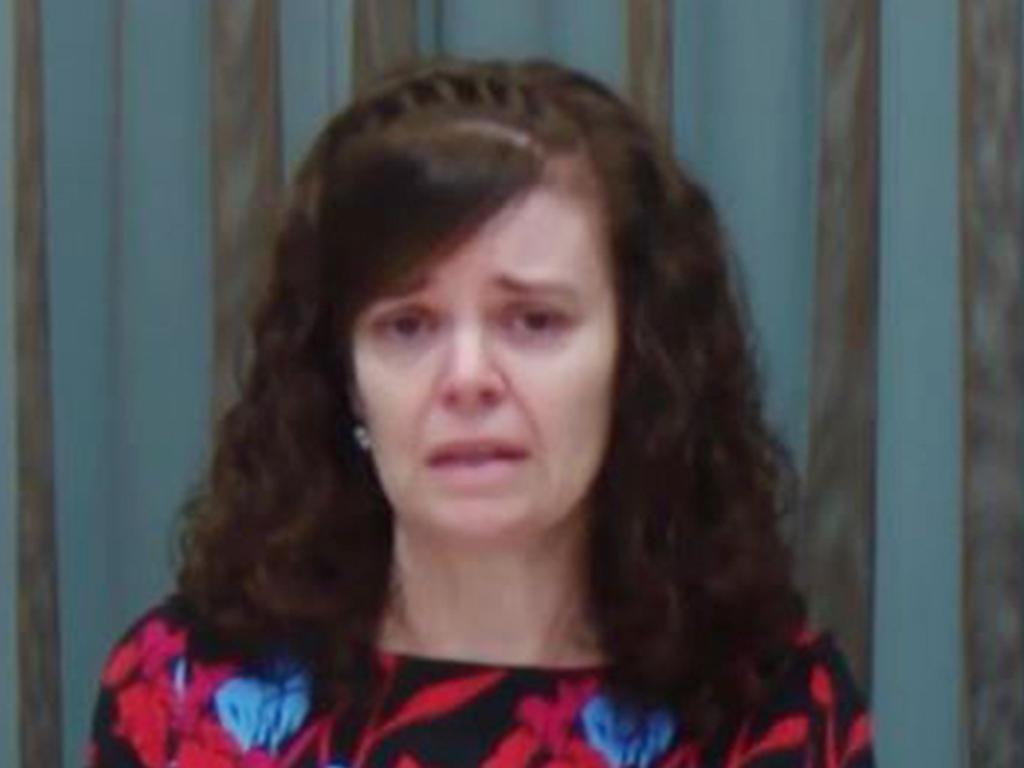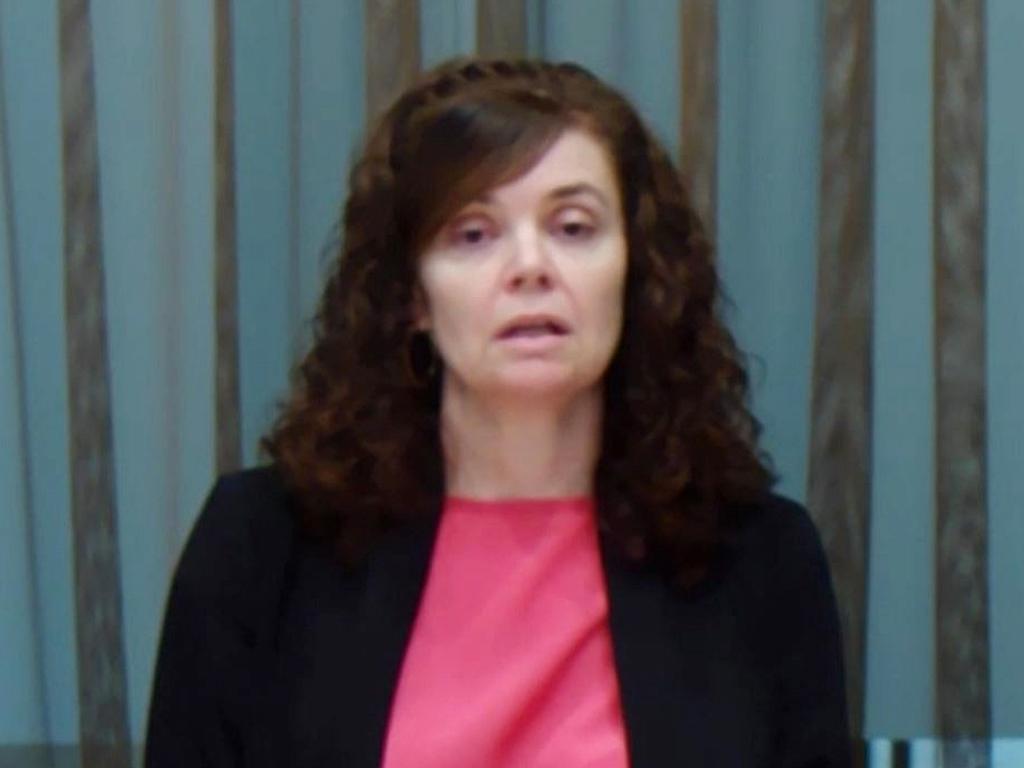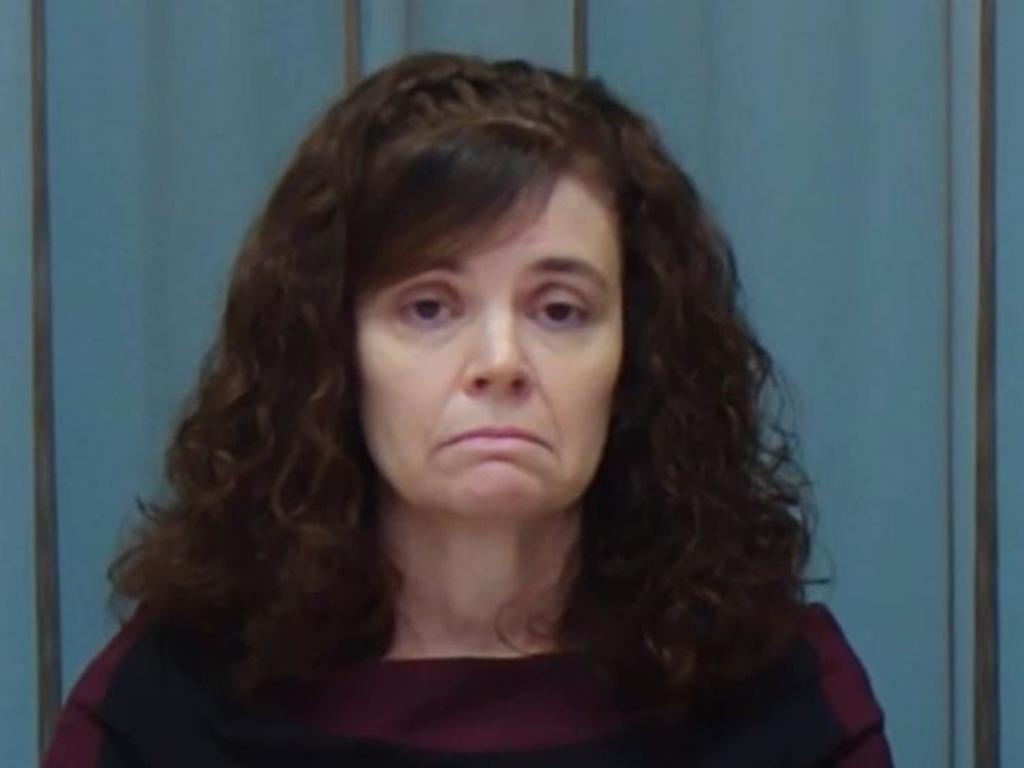Accreditor missed Queensland forensics lab issues
A national accreditor visited and signed off on Queensland’s forensics laboratory at least twice when scientists had stopped testing crime scene samples with low levels of DNA, an inquiry heard.

A national accreditor visited and signed off on Queensland’s forensics laboratory at least twice when scientists had stopped testing crime scene samples with low levels of DNA, a public inquiry heard.
The National Association of Testing Authorities visited the lab a number of times but never asked management to remove an unusually high testing threshold that meant crucial DNA evidence was being missed.
A $6m commission of inquiry is probing whether any systemic problems should have been identified by the NATA, which undertook a full assessment of the lab every 18 months.
Counsel assisting Susan Hedge asked external forensic expert Rebecca Kogios whether that was “a fair example of NATA not identifying a really significant, concerning issue in the laboratory”.
Dr Kogios replied: “It is more a matter of policy than it is a matter of science”. She added it was impossible for NATA to “pick up everything they would necessarily need to pick up”.
“They are focused on compliance with the standards,” Dr Kogios said.
Forensic biologist Kirsty Wright, who exposed the lab’s failures in The Australian’s podcast Shandee’s Story, believes the national quality framework was insufficient given the Queensland lab had maintained accreditation for more than 20 years.
“What the inquiry is finding about the serious scientific issues and poor service provided by the lab is not consistent with what NATA states its accreditation provides,” she said.
According to NATA, its accreditation “provides an assurance of the competence, impartiality and integrity of facilities”.
During six weeks of public hearings, the inquiry has heard instances of missed evidence, a toxic workplace culture, contaminated equipment, and cover-ups.
Hearings have been suspended until late November, when the inquiry will investigate the handling of DNA evidence in the stabbing murder of 23-year-old Mackay woman Shandee Blackburn.
Shandee was stabbed more than 20 times on her walk home from work in February, 2013. There were no eyewitnesses who could identify her killer and the forensic investigation offered little help to police.
Her former boyfriend, John Peros, was charged with her murder but found not guilty by a jury in 2017 after a 12-day trial. In 2020, a coroner found Mr Peros was responsible for her death. He maintains his innocence.
Last year, Dr Wright uncovered a spate of alleged problems in the case, including the lab’s failure to detect any DNA in a fresh pool of blood or from a tapelift taken from Shandee’s left forearm.
Dr Wright found the government-run lab did not complete full DNA testing on a number of samples, including on a large knife found hidden under a rock in a canefield that police considered could have been the murder weapon and a blood soaked T-shirt found near the scene.
There was also a failure of the lab to detect Mr Peros’s trace DNA in his own car.
Mr Peros travelled many thousands of kilometres a year in the car but the lab said no trace DNA was detected on police swabs and tape lifts from the steering wheel, handbrake, gear shift, driver’s seat and front-door handles and window wind – all surfaces that as the driver he regularly touched.
Dr Wright has previously said new software and DNA profiling kits introduced weeks before Shandee’s murder may have contributed to the lab’s serious problems interpreting DNA profiles.
Counsel assisting Michael Hodge said there would be a “short hearing” about forensics in Shandee’s case in late November.







